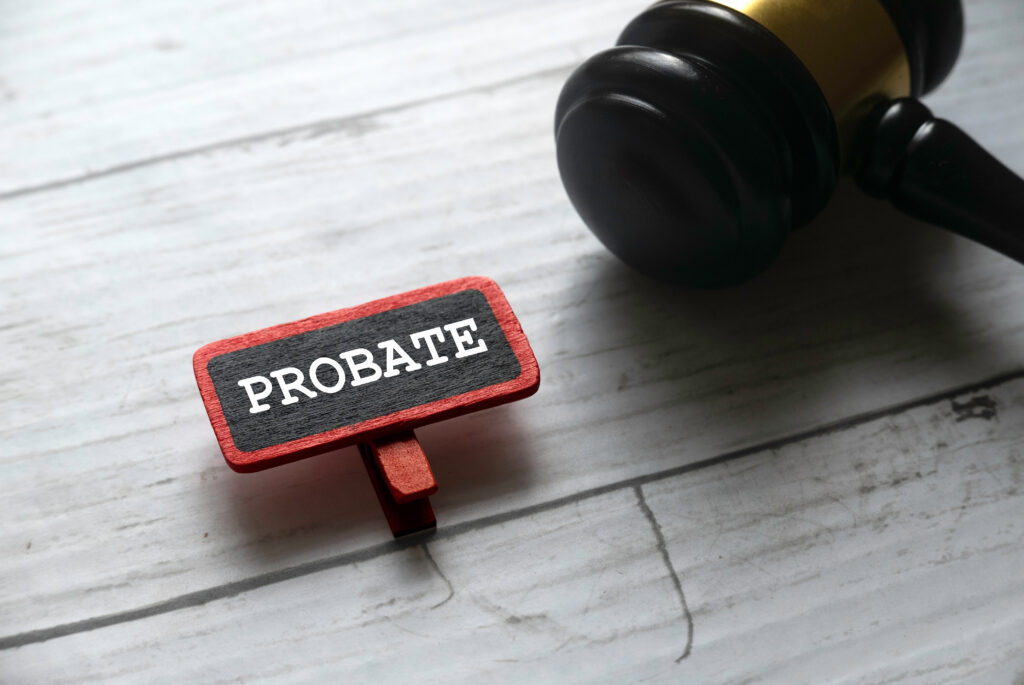
The Real Cost of Probate
We all hear: “I want to avoid Probate.” But why? What does that mean? How critical is it to avoid Probate in New York?
What is Probate?
Probate is the process of admitting a Will to the Surrogate’s Court in New York in the county where the person passed away. Once 1) all heirs and beneficiaries have been notified and have had an opportunity to appear in court, 2) the Surrogate’s Court is satisfied that the Will is valid, and 3) the person appointed as Executor in the Will is determined appropriate and capable of acting as a fiduciary, the Will can be admitted for Probate. The administration of the estate can then begin. Administering an estate has the reputation of being drawn out and costly and rightfully so. But what is the Real Cost of Probate?
Probate Costs Time
The Probate process costs you time. How much time? Start with the month or more it takes you to find and hire an attorney while you are still grieving. Add to that the month or two it takes your attorney to draft the Petition for Probate and ancillary documents, send them to you for review, before the documents are approved and submitted to the Surrogate’s Court. Then, there is the time it takes the court to review your file, get any additional documents it may request, and issue you Letters Testamentary (the letter of authorization the court issues that gives you legal authority to manage and administer the estate). It could take the Surrogate’s Court anywhere from one month to one year to issue Letters Testamentary! From that point, the estate must remain open for seven months to allow creditors to come forward with any claims. Since all creditors must be paid first before any beneficiaries, it can be a year before you can hand out a penny. A year is a long time to spend waiting for what could otherwise be almost automatic.
Probate Costs Peace of Mind
What else does Probate cost you? It costs you peace of mind. Imagine the scenario where Mom or Dad passes away and they owned a home: your childhood home. You’d love to keep it, but you already own a home, and the taxes in Mom and Dad’s neighborhood are high, plus your kids already go to a great school, so it really makes more sense to sell it. As you’ve already learned, it’s a minimum of a year’s time to probate a Will. So now for a year, you have to maintain the house. Maintaining a house doesn’t seem too hard; you already maintain your house, right? When you live in your home, you see when the lawn is a little higher than normal, when there is a drip in your sink wasting water, or it didn’t quite get as warm in the house as it should. You take care of those problems when they crop up, not when they have become a mess or a huge liability because you only check on the house once a month. That’s a lot of worry to pile on when you are already grieving. And now you’re managing probate assets while you wait for the process to wind its way toward conclusion.
Probate Costs Money
But, what’s the biggest cost? Money of course. Probate begins with hiring an attorney to petition the Surrogate’s Court to be appointed as executor, as described above. You will work out the fee arrangement with your attorney but in this specialized area of law, you can expect to pay high hourly fees. And every estate proceeding is different; you could be looking at ten hours to probate a simple estate to hundreds of hours for a contested estate or one with heavy litigation. If you don’t have access to any of the decedent’s assets, you may be responsible for the funeral bill, the attorney’s retainer, upkeep on any real estate, such as the case described above wherein the child would have to lay out the taxes, utilities, maintenance costs, etc. for the year on the parent’s house as well as their own, doubling their annual expenses. Ouch! Those expenses will be reimbursed to you from the estate, but it may hurt in the meantime.
It’s never too early to discuss with your Elder Law and Estate Planning attorney, like the experienced and compassionate attorneys at Cona Elder Law, how to avoid the probate process, protect your assets, and make sure your loved ones have one less thing to worry about when you’re gone.
About the Author seotech
Related Posts
Talk to Your Loved Ones This Holiday Season
What You Should Know About Qualified Personal Residence Trusts
Online Will Programs: You Get What You Pay For
Attention Snowbirds: Will Your Out-of-State Will Be Valid?
Grandparents and Grandchildren: What Are Your Rights?
Grandparents Do Have Rights

